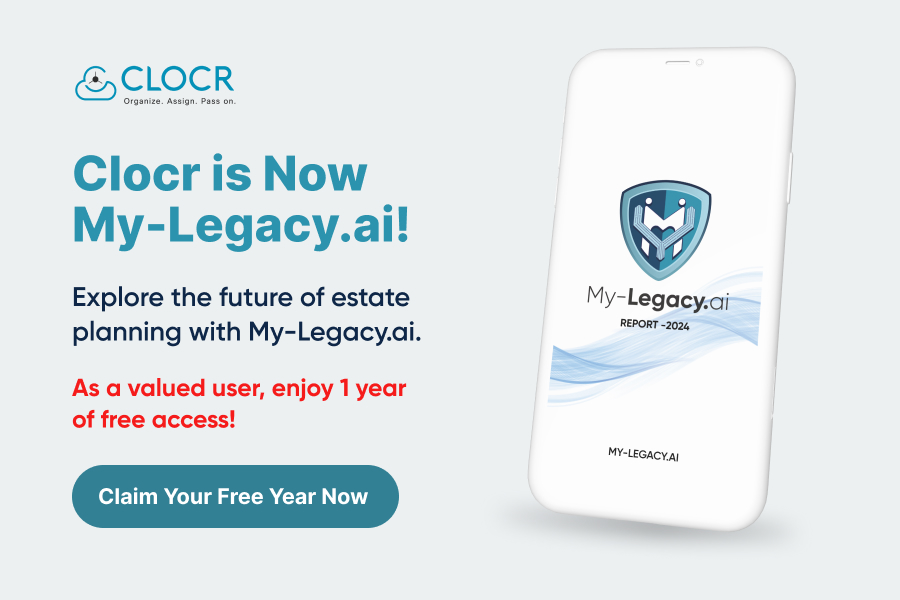Today, we all have multiple digital accounts and we use a variety of digital services. We have social media accounts, documents in cloud storage, personal blogs and websites, email id, as well as and online collections of photos, videos, and music. This active digital presence creates our digital life and Digital Legacy.
These online assets raise questions as to what happens to Digital Legacy when a person dies. Very often, we hear stories about identity theft on the internet, data leaks, and cybercrimes. This can be concerning for our Digital Afterlife.
You can decide what happens to Digital Assets and through proper planning. This article will guide you in creating a digital legacy plan which is effective and personalized for your Digital Assets. It will not only let you leave instructions to your loved ones regarding what happens to your online accounts after your death but also help them during tough times.
Don’t worry, planning your Digital Legacy is a lot easier than it sounds. And here are a few tips that will help you create the perfect plan for your Digital Assets.
4 Easy Tips To Start Planning Your Digital Legacy
Create a List
It can be difficult to recall all your Digital Assets (online accounts, subscription plans, apps downloaded on your computer and smartphones, cloud storage services, and more) at once.
So, it’s best to make a list of all your Digital Assets that are important to you. It helps in keeping track of all your online assets and data so that you don’t miss out on anything while planning your Digital Legacy.
Add account credentials separately
Make a separate folder, and include usernames, passwords, PINs, answers to security questions, related IDs, and anything else that you think your family members would require to access your Digital Assets.
Make sure you talk about this folder in your Estate Plan. This helps in securing your passwords as well as provides its access to your family members.
Draft instructions
Leave clear instructions for your family members and Digital Executor regarding what you want them to do with your online accounts. But, remember to check the legacy policies for each of your online assets and decide whether you want to transfer, delete, or memorialize them.
This is also where you get to personalize your Digital Legacy for your loved ones. For instance, you can leave behind a photo album for your kids, or a legacy letter for your spouse, or videos in a time capsule for each member of your family.
Clocr has come up with Time Capsule, which can be pretty useful when it comes to leaving a legacy and passing on your values and memories to your loved ones. So, make sure you check our Digital Time Capsule feature.
Keep Your Digital Legacy Plan Updated
It doesn’t make sense to have a Digital Legacy Plan if you do not update it regularly. Revising ensures that you are giving your loved ones only the latest information about your digital life, you can update it once every year to make revisions where required—perhaps you’ve deleted an account, or you’ve changed the password.
Digital legacy planning is as important as your physical legacy. Your digital life has immense importance for your friends and family in their lives and it should do the same for you. The last thing you would want is for your loved ones to suffer the repercussions of your death because you didn’t prepare properly.
Thus, It is vital that we are prepared for our digital afterlife. Proper planning will help your digital legacy continue to live on, adding value to the lives of those you care about.
To learn more about Digital Legacy Planning sign up with Clocr now!

